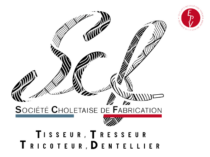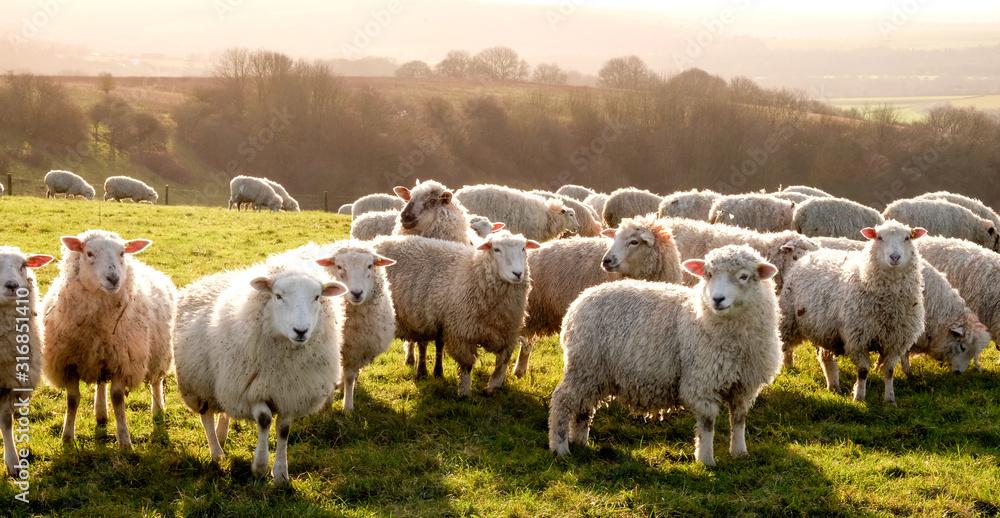Natural, Organic and Eco-friendly materials
SCF, COMMITTED TO THE
THE TEXTILE INDUSTRY SINCE 1967
Originally a linen weaver, the sourcing of materials has always been at the heart of its concerns, which is why SCF is expanding its range of natural, organic and eco-responsible materials to offer its customers around the world.
In a responsible and ecological approach, SCF is able to manufacture and develop the majority of its products in eco-responsible or organic materials, from recycled synthetic fibres or biosourced natural fibres. Through its know-how and research, SCF is committed to ethical and eco-responsible fashion.
Today, SCF has more than twenty natural, organic and eco-responsible materials, as well as an infinite range of colours in stock and under development. We are proud to contribute to the promotion of ethical and sustainable fashion by choosing environmentally-friendly materials.
By choosing products made from natural, organic and eco-friendly materials, you can not only have a positive impact on the environment, but also support local farming communities and promote more ethical and responsible fashion. Browse our selection of yarns made from plant, animal and recycled fibres and join us in our mission for sustainable fashion.
Natural materials
There are 2 types of natural fibre, plant-based and animal-based.
In 2021, global production of textile fibres reached 113 million tonnes, all materials combined, with natural fibres accounting for only 36% of this production. In detail, natural fibres such as organic cotton, flax, hemp and jute account for 28% of global production, followed by cellulosic materials (wood-based materials) with 6% and, finally, 2% of materials derived from animal fibres such as wool, mohair, silk, etc. SCF routinely uses these materials, promotes them and offers its customers its own made-to-measure dyes.
Source : Textile Exchange
Natural materials: plant fibres
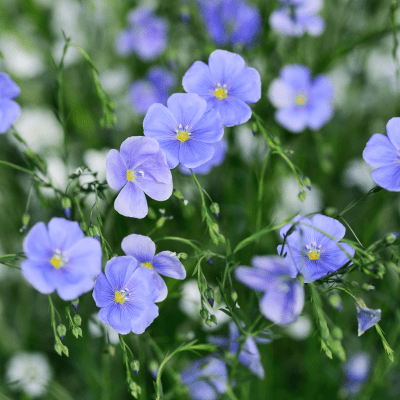
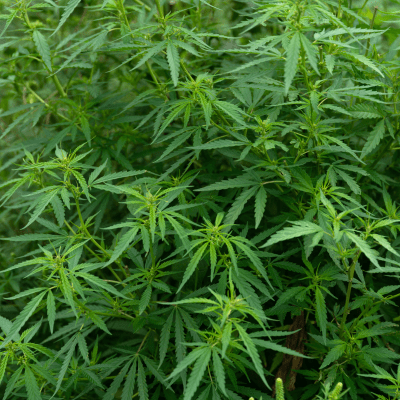
Plant fibres, the ecological solution for sustainable fashion
Plant fibres are natural, sustainable materials that are becoming increasingly popular in the ethical and sustainable fashion industry. They are often used to make clothes, bags, shoes and accessories.
Organic cotton, linen, hemp and jute are among the most commonly used plant fibres. They are grown without the use of pesticides and chemical fertilisers, making them more environmentally friendly and healthier for farm workers and consumers alike.
Plant fibres offer many advantages. They are naturally breathable, soft and comfortable to wear, yet strong and durable. What’s more, their production often requires less water and energy than the production of synthetic fibres such as polyester.
At SCF, we offer a wide selection of woven, braided and knitted products made from plant-based yarns.
By choosing products made from plant fibres, you can not only have a positive impact on the environment, but also support local farming communities and promote more ethical and responsible fashion. Browse our selection of plant fibre products and join us in our mission for sustainable fashion.
Natural materials: animal fibres
Eco-friendly materials
Eco-friendly materials: recycled synthetic fibres
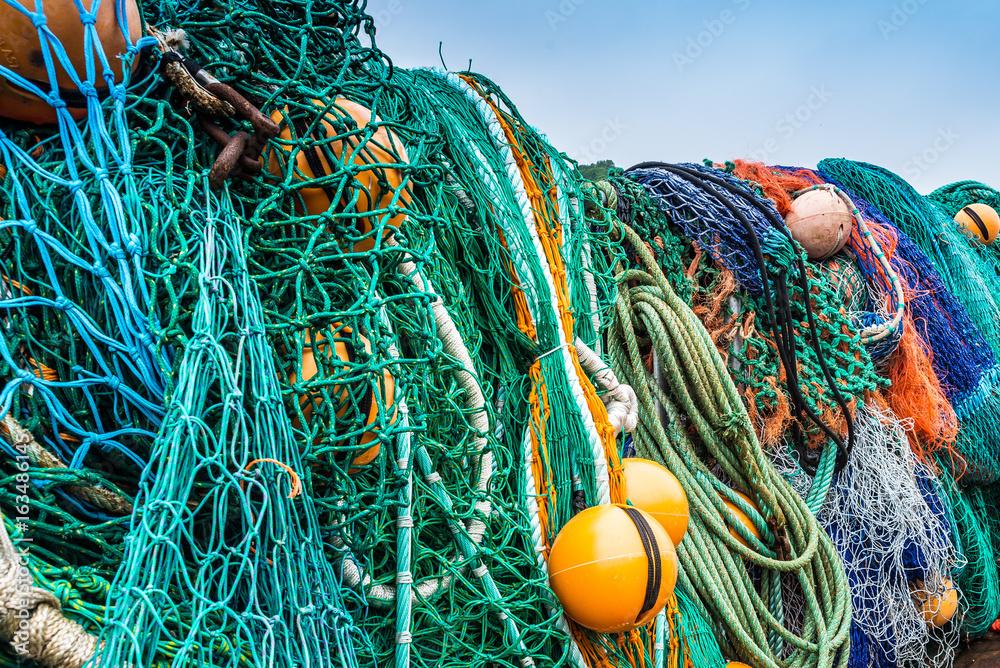
The durability and performance of recycled synthetic fibres: an ecological solution for the textile industry
The production of synthetic fibres in 2021 will represent 64% of world production of all textile fibres combined. (Textile Exchange).
Eco-responsible fashion is becoming a major trend in the fashion industry. Consumers are increasingly aware of the environmental impact of their purchases, prompting brands to find sustainable and responsible solutions. Recycled synthetic fibres are one of the options when it comes to eco-responsible materials.
Recycled synthetic fibres are produced from recycled raw materials such as PET (polyethylene terephthalate), which is often used to make plastic bottles. The materials are collected, cleaned and then transformed into fibres that can then be used to make a variety of fashion products, including technical and fashion products, clothing, footwear, rucksacks and much more.
The main advantage of recycled synthetic fibres is their low environmental impact. By using recycled materials, brands reduce their carbon footprint and limit the amount of plastic waste. What’s more, the production of recycled synthetic fibres consumes less energy and emits fewer greenhouse gases – around 37% less – than the production of new fibres. (ClimateScience)
Recycled synthetic fibres also have interesting properties in terms of durability and performance. They are often resistant to stains, water and wear, making them ideal for products that need to last a long time or that will be put to a lot of use.
At SCF, we offer a range of recycled synthetic yarns and titling that can be braided, knitted or woven. The colours of our yarns can be the subject of colour development for a product to your image or simply identified in our extensive range of colours.
By choosing recycled synthetic fibres, you’re opting for sustainable, eco-responsible fashion.
